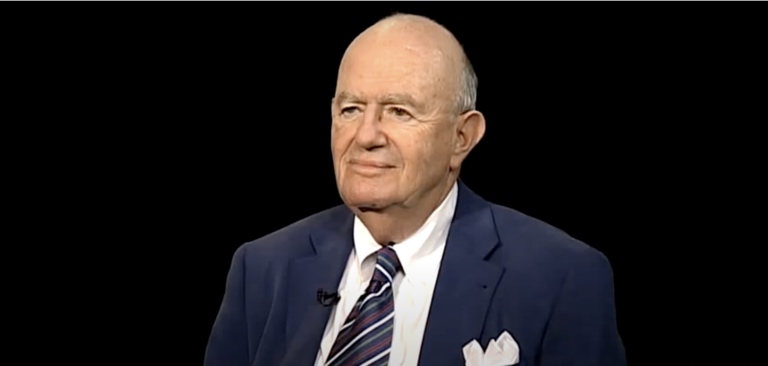In a dissenting opinion on Christiana Tah and Randolph McClain v. Global Witness Publishing, In, et al (2019), District of Columbia (DC) Circuit Judge Silberman has called for the Supreme Court to overturn New York Times v. Sullivan (1964) – a landmark decision which restricts the ability of public officials to sue for defamation and requires them to prove “actual malice” by showing that defendants knew a defamatory statement was false or that they were reckless in deciding to publish the statement without investigating its accuracy.
The plaintiffs in Christiana Tah and Randolph McClain v. Global Witness Publishing, In, et al are two former Liberian officials who allege that Global Witness, an international human rights organization, published a 2018 report falsely implying that they had accepted bribes in connection with the sale of an oil license for an offshore plot owned by Liberia.
The Global Witness report describes “unusual, large payments” made to several members of the Hydrocarbon Technical Committee (HTC) – a group representing Liberia during negotiations for an Atlantic Ocean plot that was ultimately purchased by Exxon. The report references the HTC members Tah (who was Liberia’s Minister of Justice at the time) and McClain (who was the National Oil Company of Liberia (NOCAL) President at the time) by name.
The report also characterizes Exxon’s relationship to these payments as evidence of the company being “complicit in Liberia’s corrupt oil sector.”
A few weeks before publishing its report, Global Witness told members of the HTC that it believed a payment they received from NOCAL was “most likely a bribe.” Tah and several other HTC members denied that the payments were bribes and insisted that they were bonuses that had been authorized by NOCAL’s board.
Global Witness also called for the Liberian government to investigate the payments. After investigating, the Liberian government found the payments didn’t constitute bribes but recommended HTC members return the payments.
Tah and McClain refused and sued Global Witness for “defamation and false light invasion of privacy.” They don’t dispute the facts in the report but argue that Global Witness falsely “communicated [through implication] . . . that . . . each took a bribe.”
The lawsuit was dismissed by the district court for “failing to plausibly allege actual malice” and this dismissal was affirmed by the DC Circuit Court of Appeals.
But in his dissenting opinion on the dismissal, Judge Silberman argued that Global Witness “falsely insinuated that former Liberian officials (Appellants) took bribes” and disagreed with the district court on the “actual malice question.”
“As the district court ably explained, there can be no doubt that one defamatory implication of the Report is that Exxon bribed Appellants,” Silberman wrote. “That allegation—actually pressed by Tah and McClain—must be analyzed for actual malice.”
Silberman added that his colleagues are attempting to “stretch the actual malice rule like a rubber band” and urged the Supreme Court to overrule New York Times v. Sullivan which he described as a “policy-driven decision masquerading as constitutional law” and a “threat to American Democracy.”
“As the case has subsequently been interpreted, it allows the press to cast false aspersions on public figures with near impunity,” Silberman continued.
Silberman also took aim at The New York Times and The Washington Post, describing them as “virtually Democratic Party broadsheets.”
Additionally, he called out Silicon Valley’s influence over news distribution, citing Facebook and Twitter’s censorship of the Hunter Biden story as an example of filtering news in a way that’s “favorable to the Democratic Party.”
“Although upstart (mainly online) conservative networks have emerged in recent years, their visibility has been decidedly curtailed by Social Media, either by direct bans or content-based censorship,” he wrote.
Silberman clarified that while he’s not taking a position on the legality of Big Tech’s behavior, “the First Amendment is more than just a legal provision.”
“It embodies the most important value of American Democracy,” Silberman wrote. “Repression of political speech by large institutions with market power therefore is—I say this advisedly—fundamentally un-American. As one who lived through the McCarthy era, it is hard to fathom how honorable men and women can support such actions.”
If you're tired of censorship and dystopian threats against civil liberties, subscribe to Reclaim The Net.









